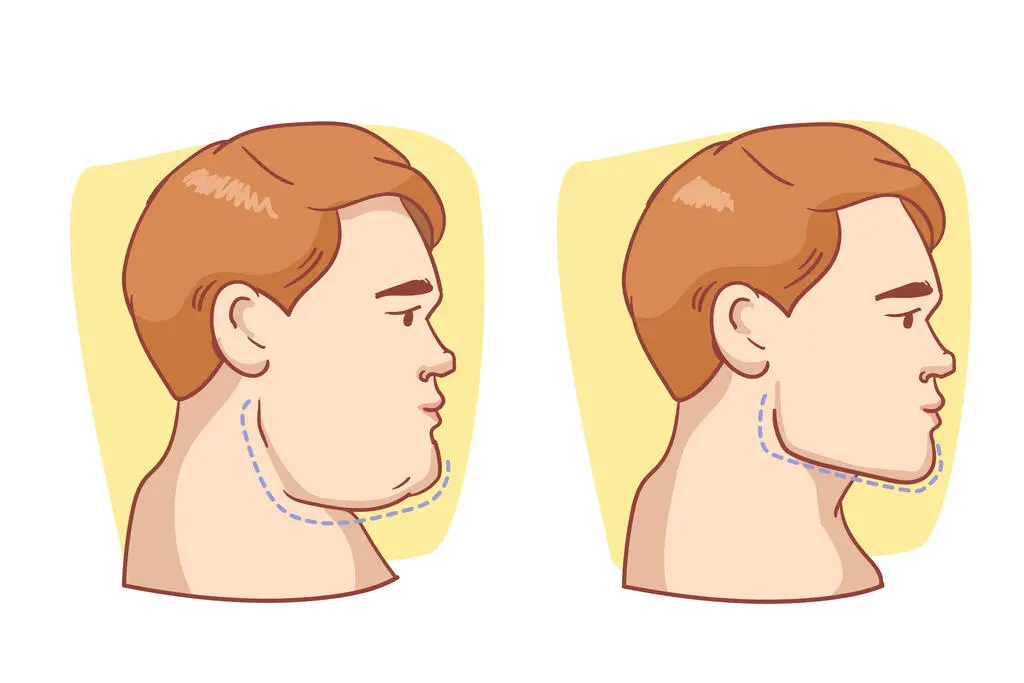As many are aware, inflammatory bowel disease (IBD) is a complex condition impacting the intestines, crucial for food digestion and waste removal. However, it may come as a surprise that in recent years, there’s been a rise in IBD diagnoses among minority groups in the US, including Black, Hispanic/Latinx, East and Southeast Asian individuals, and others, compared to previous decades.
Is there truly a rise in IBD cases? And are minority groups not getting enough recognition for IBD? Raising awareness about IBD and its symptoms might encourage more people to seek the healthcare they need.
What is Inflammatory Bowel Disease (IBD)?
Inflammatory bowel disease (IBD) encompasses a range of intestinal conditions characterized by prolonged inflammation of the digestive tract. The digestive tract, includes the mouth, esophagus, stomach, small intestine, and large intestine. Plays a crucial role in breaking down food, absorbing nutrients, and eliminating waste.
When inflammation occurs anywhere along this tract, it disrupts these normal functions. IBD can be highly distressing and disruptive, and in severe cases, it can pose life-threatening risks.
Our Understanding of IBD among Minority Populations?
Traditionally, it was believed that inflammatory bowel disease (IBD) primarily affected individuals of white ethnicity. Estimates from 2014 suggested that for every 100,000 people, IBD occurred in approximately 10 Hispanic/Latinx individuals, 25 Black individuals, and 70 non-Hispanic white individuals.
However, recent observations indicate a rise in IBD cases among various racial and ethnic groups in the US and globally.
Is IBD Less Recognized In Minority Population?
Some experts suggest that inflammatory bowel disease (IBD) might not receive enough attention in minority communities, leading to delays in diagnosis. Such delays can result in prolonged untreated inflammation. Which raises the risk of complications including strictures (narrowing of the bowel due to scarring), fistulas (abnormal passages between organs or tissues), abscesses (infections that can lead to fistulas if not treated), the need for surgery, and bowel cancer.
In one study, individuals seeking healthcare with two potential IBD symptoms, iron deficiency anemia and diarrhea, were examined. The study revealed that certain demographics were less likely to undergo a proper examination to determine the cause of these symptoms.
Specifically, Black or publicly insured individuals were less likely to receive the necessary evaluation compared to their white or privately insured counterparts. These findings support the notion that minority communities may not sufficiently recognize inflammatory bowel disease.
Current Studies About Health Disparities in IBD
Health disparities, which are avoidable differences in health outcomes, exist among people with inflammatory bowel disease (IBD). These differences happen because of various reasons like unfairness in access to healthcare, unconscious biases from medical professionals, and differences in the genetic and environmental factors of IBD that need more research.
Black individuals with IBD tend to visit the emergency department more often and may have higher hospitalization rates compared to white patients, possibly due to a lack of regular care from a gastroenterology specialist. While hospitalization rates for white patients have decreased, they have remained the same for Black patients.
More studies show that Black patients with Crohn’s disease often have a harder time getting better. Their financial situation matters too: if they have less money. They might have more severe symptoms, more hospital stays, and even face a higher risk of dying from the disease. About 14% of Americans with IBD struggle to get enough food. This makes it tough for them to afford their medicine and pay their medical bills.
Symptoms of Inflammatory Bowel Disease (IBD)
Various symptoms could indicate inflammatory bowel disease (IBD):
- Ulcerative colitis may display as blood in the stool, urgency, and increased bowel movements.
- Crohn’s disease symptoms may include abdominal pain, nausea, vomiting, blood in the stool, and diarrhea.
If you experience any of these symptoms, especially if you detect blood in your stool, consult your healthcare provider promptly.
After reviewing your medical history and conducting an examination, your healthcare provider might recommend a colonoscopy to check your bowel or an upper endoscopy to examine your upper digestive system. You may also need imaging tests. This thorough evaluation helps diagnose IBD or other health issues with similar symptoms.
Treatment of Inflammatory Bowel Disease (IBD)
Both ulcerative colitis and Crohn’s disease can be effectively treated. The goal in managing IBD is to achieve stable remission, alleviating or preventing symptoms, and ensure a good quality of life for everyone with the condition. Patients can accomplish this through oral medications, infusions, dietary adjustments, surgery, or a mix of these approaches. It’s crucial to establish an individualized treatment and monitoring plan early in the course of the illness for each person affected by IBD.
Additionally, patients are highly recommended to consume Anti-inflammatory foods. It will not only help them to cure the disease but also help them have a healthy lifestyle.
Patients with IBD can collaborate to discover the most effective and safest treatment options for them. Managing IBD requires a team effort, involving a primary care doctor, gastroenterologist, pharmacist, surgeon, dietitian, and other healthcare professionals. As someone with IBD, you’re the central figure and leader of the team; we, as providers, are merely guides. Your voice, understanding, and empowerment are crucial as you navigate life with IBD.













One Commenti a “IBD: An Underrecognized Health Issue In Minority Populations?”